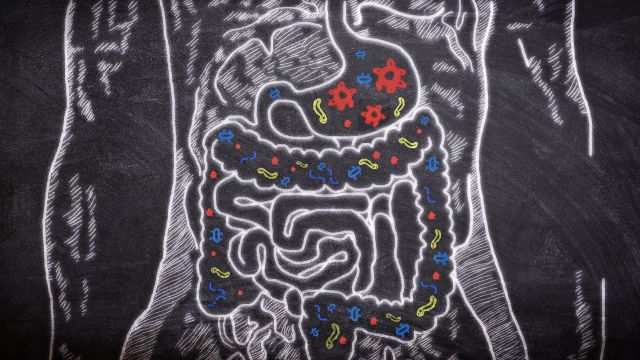
Inflammatory Bowel Disease: Symptoms and Treatments
Inflammatory bowel disease (IBD) is a chronic condition that affects the digestive tract. It can cause painful symptoms, such as persistent diarrhea, abdominal pain, and fatigue. There are two types of IBD: Crohn’s disease and ulcerative colitis. While there is no cure for IBD, there are treatments available to help manage the symptoms and improve quality of life.
Living with inflammatory bowel disease can be incredibly frustrating. The unpredictable nature of flare-ups can make it difficult to plan daily activities, and the chronic pain and discomfort can be overwhelming. The constant need to use the restroom can disrupt work, social outings, and even personal relationships. The side effects of medication can also take a toll on a person’s physical and mental health. Additionally, the lack of understanding and awareness of IBD in society can lead to feelings of isolation and loneliness. Despite these challenges, individuals with IBD continue to push forward and advocate for better treatment options and increased awareness.
Inflammatory Bowel Disease: Symptoms
– Diarrhea: This can be persistent and may contain blood or mucus.
– Abdominal pain and cramping: This can range from mild to severe and may be accompanied by bloating.
– Fatigue: This may be related to anemia or the body’s immune response to inflammation.
– Loss of appetite and weight loss: This can occur due to inflammation or malabsorption.
– Anemia: This can occur due to chronic bleeding in the digestive tract.

If you are experiencing any of these symptoms, it is important to consult with a healthcare professional. They will be able to diagnose IBD through a combination of physical exams, blood tests, and imaging studies.
Treatments
– Medications: Anti-inflammatory drugs such as corticosteroids and immunosuppressants can help reduce inflammation in the digestive tract. Biologic therapies, such as anti-TNF drugs, can also be effective for some people.
– Surgery: In some cases, surgery may be necessary to remove damaged portions of the digestive tract. This can provide long-term relief from symptoms for some people.
– Lifestyle changes: Eating a healthy diet, staying hydrated, and getting regular exercise can help manage symptoms of IBD. Stress management techniques, such as meditation or therapy, can also be helpful.
It is important to work closely with a healthcare professional to develop a treatment plan that is tailored to your individual needs. Regular check-ins and monitoring of symptoms can help ensure that your treatment plan is effective and adjusted as needed.
IBD can be a challenging condition to manage, but there are treatments available that can help improve quality of life. If you are experiencing symptoms of IBD, it is important to consult with a healthcare professional to receive an accurate diagnosis and develop a treatment plan. With the right care and management, it is possible to live a fulfilling life with IBD.
